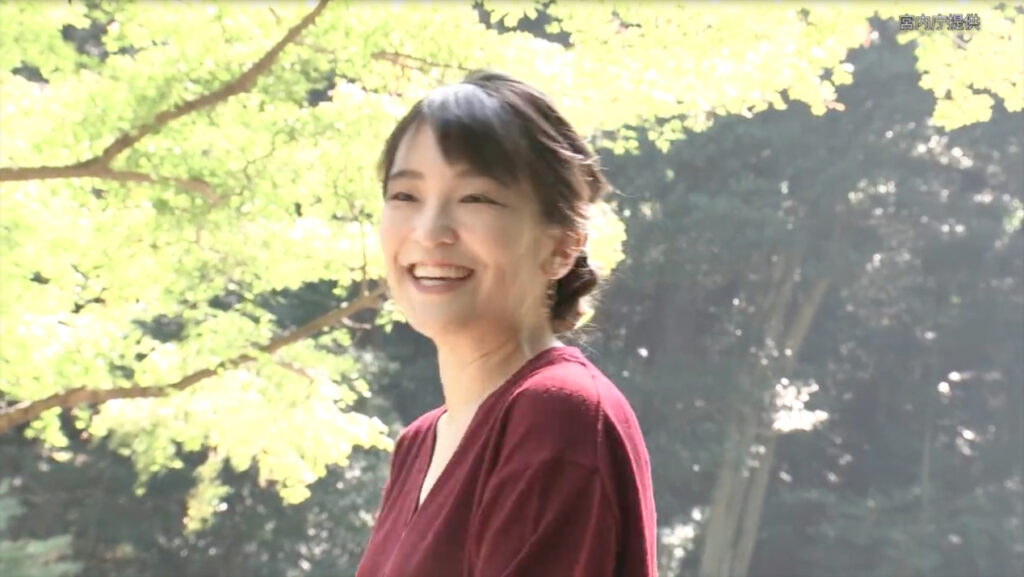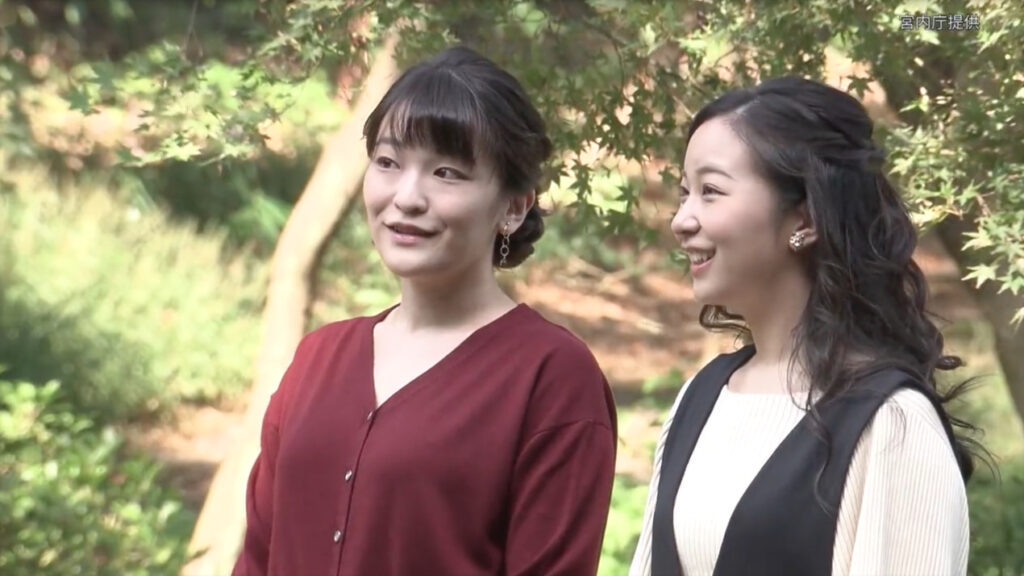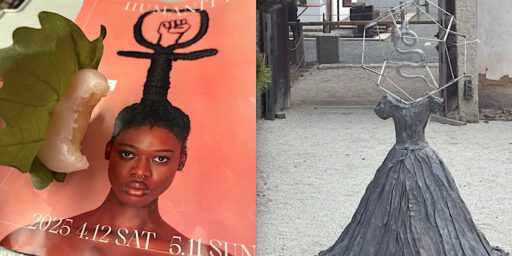Makos 30. Geburtstag, ihr Letzter als Mitglied der kaiserlichen Familie Vorfreude auf einen neuen Lebensabschnitt in New York

Herzlichen Glückwunsch zum 30. Geburtstag! Ich wünsche Mako das Allerbeste und einen zufriedenen, fröhlichen Start ins neue Leben mit ihrem Mann in New York.
Am 26. ist der grosse Tag, ich freue mich darauf!
Der Screenshot stammt aus den heutigen Twitter Nachrichten, via Mainichi Shimbun.
秋篠宮家の眞子さま 30歳の誕生日
https://twitter.com/i/events/1451412854481965058


up-date: 2022/2/22
Mental health issues show women bear brunt of Japan monarchy system
The diagnosis of former princess Mako’s post-traumatic stress disorder prior to her controversial marriage in October has once again highlighted the intense pressure that women in the Japanese imperial family face, with some other members also plagued by mental health issues.
The former princess, 30, who is a niece of Emperor Naruhito, came under massive public scrutiny after it became known that the family of her commoner husband Kei Komuro was involved in a financial dispute.
Her aunt Empress Masako, 58, has long been battling a stress-induced illness related to the pressure she was under to produce a male heir, while former Empress Michiko, 87, the emperor’s mother, became unable to speak for months amid bashing by weekly magazines following her husband’s accession to the throne in 1989.
Both the empress and the former empress were commoners before their marriages to then crown princes.
Under Japan’s 1947 Imperial House Law, women are not eligible to ascend the throne and female members of the imperial family leave the household upon marrying a commoner.
While the former princess and Komuro eventually married on Oct. 26, more than four years after their relationship was made public, traditional ceremonies associated with a royal marriage were not held due to public unease over the money row.
“It is as if there are no human rights (within the imperial family),” said clinical psychologist Sayoko Nobuta.
The Imperial Household Agency revealed prior to the marriage that the former princess had been diagnosed with complex PTSD caused by what she described as psychological abuse the couple and their families received.
Regarding his daughter’s mental health, Crown Prince Fumihito, the emperor’s brother, stressed on the occasion of his 56th birthday in November the need to establish “criteria to refute” erroneous reports.
While the agency has exposed fake news in the past, debunking some reports on its website since 2007, it does not have a clear policy on how to handle such matters.
“Even if (former princess Mako) was told to ignore or not engage with online bashing, one can’t help but notice it in their daily life, and it will chip away at one’s heart before they know it,” said Rika Kayama, a psychiatrist and commentator on social issues.
The former princess’ case is just the latest in a history of mental issues that have befallen women in the imperial family.
In 2004, the agency announced that Empress Masako, then the crown princess, had been diagnosed with adjustment disorder after giving birth in 2001 to Princess Aiko, the only child between her and the emperor. The empress had canceled her official duties the previous year following a bout of shingles.
The empress, a Harvard- and Oxford-educated former diplomat, gave up her career to enter the imperial family in 1993 after accepting a marriage proposal by the then crown prince, having initially declined the offer.
Many speculated that a major cause of her stress was pressure to produce a male heir, as no boys had been born to the imperial family since the birth in 1965 of Crown Prince Fumihito.
The situation abated after Crown Princess Kiko gave birth in 2006 to Prince Hisahito, 15, who is now second in line to the throne.
But unlike former Emperor Akihito and former Empress Michiko, who usually engaged with the public as a couple, the current emperor often performs official duties on his own due to his wife’s condition, although she has been gradually expanding the scope of her activities in recent years.
Still, even the former empress, who became the first commoner to wed an heir to the imperial throne in 1959, was not immune to the pressures of the imperial family.
After the former emperor’s accession to the throne in January 1989, she became the focus of a backlash in weekly magazines triggered by his cultivation of a more approachable image compared to his father Emperor Hirohito, who had taken the throne before World War II when emperors were still regarded as living gods.
On the day of her 59th birthday in October 1993, the former empress collapsed and lost her voice due to psychogenic aphasia.
“The emperor is the symbol of Japan, and the monarchy is a symbol of patriarchy. Therefore, discrimination against women is most pronounced in the imperial family,” Nobuta said, adding that such an environment makes it difficult for bright women to survive.
Nobuta said that former princess Mako, who grew up watching these events and had studied at International Christian University in Tokyo as well as in Britain, must have felt the only way to truly live her life was to leave Japan.
“For former princess Mako, escaping was her main goal, and I think she chose Komuro as the man who could help her achieve this goal,” Nobuta said.
The couple left Japan shortly after registering their marriage to start a new life in New York, where Komuro works as a law clerk at a legal firm.
All eyes are now on Princess Aiko, who turned 20 in December and is now expected to perform official duties as an adult member of the imperial family.
The princess would be entitled to the throne if she were a member of the British or Dutch monarchy, both of which allow the eldest child of the monarch to succeed regardless of gender.
A government panel tasked with studying ways to ensure a stable imperial succession proposed on Dec. 22 allowing female members who marry commoners to retain their imperial status.
But it postponed drawing conclusions regarding whether women or imperial members in the matrilineal line will be eligible to ascend the throne.
In the past, Princess Aiko has sparked concerns and speculation among the public for her prolonged absence from school and a sharp weight loss at one point, but it remains to be seen if the mental health issues that befell the female relatives before her will repeat themselves.
Hajime Sebata, an associate professor of modern Japanese history at Ryukoku University, said that building rapport with citizens through communication, not counterarguments, is key.
“If (the agency) regularly posts (information on royals) on social media and communicates, the public will come to trust the imperial family even if there are criticisms,” he said.
New York, June 2022












